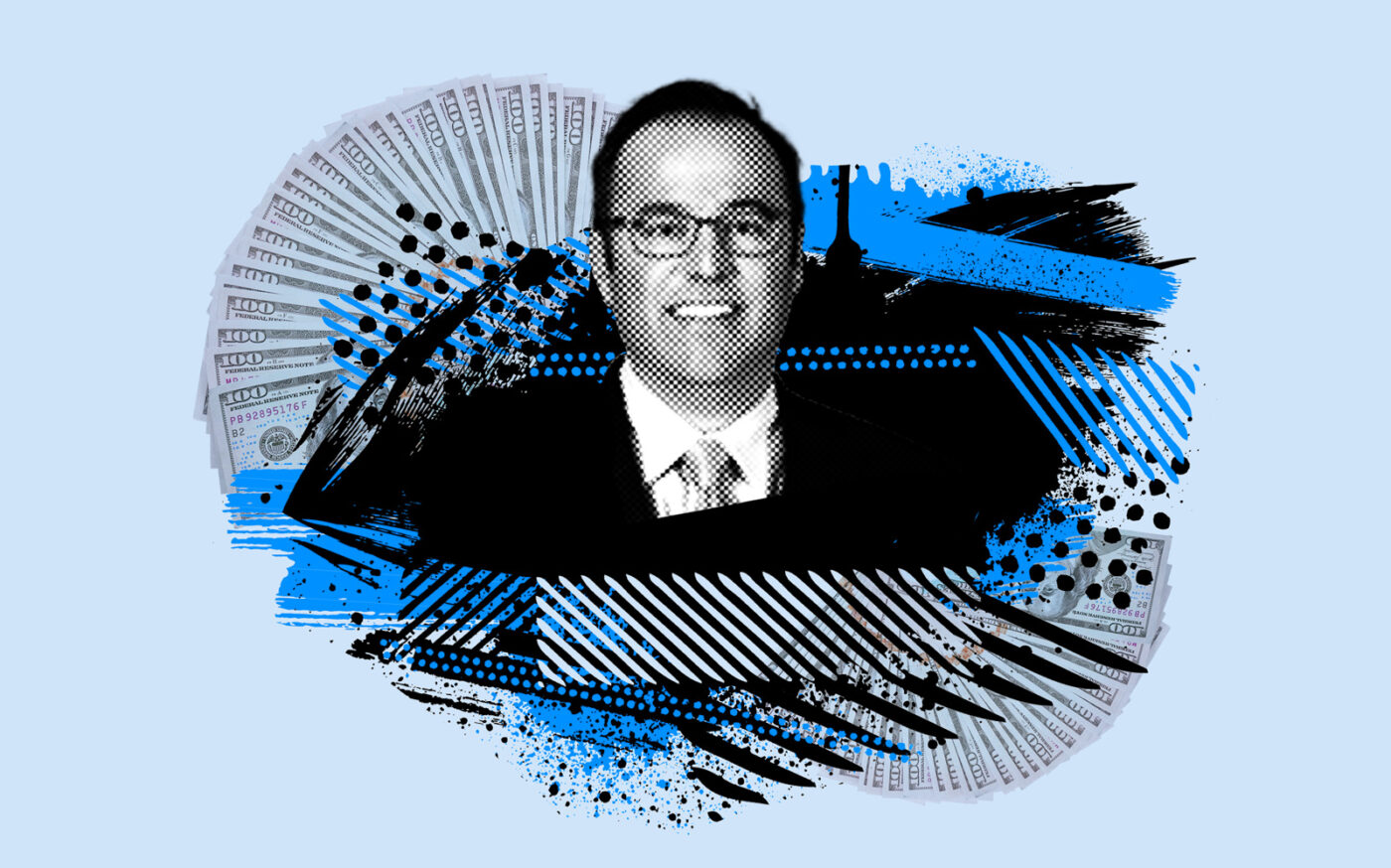An Atlanta-based real estate lawyer pleaded guilty to wire fraud in federal court in connection with a scheme to defraud his clients out of millions of dollars.
Matthew Allen Dickason, who owned his own law firm, diverted several million dollars meant for clients’ real estate transactions into his personal use, according to a press release from the U.S. Attorney’s office.
Dickason, 47, concealed his actions by falsifying records in the firm’s accounting system, making it appear that funds were being used for legitimate purposes when they were siphoned into his personal use.
Sometimes real estate lawyers break bad.
A 44-year-old New York-based attorney recently pleaded guilty to charges stemming from a $19 million real estate Ponzi scheme, among other misdeeds.
Robert Wisnicki, who also pleaded guilty to conspiracy to commit money laundering, used his law firms — Wisnicki & Associates LLP and Wisnicki Neuhauser LLP — to lure investors into purchasing real estate and to conceal the proceeds of health care fraud, according to another press release from the U.S. Attorney’s Office.
The charges carry a maximum sentence of five years in prison each. As part of his plea agreement, Wisnicki agreed to pay restitution of $18.8 million.
In the Ponzi scheme, Wisnicki’s law firms specialized in real estate transactions. He began his real estate investment business in 2007, wherein existing clients, referred to as “Investor Clients,” entrusted their funds to him.
Wisnicki identified real estate investment opportunities for the clients and represented them in the resulting transactions.
However, as the clients began losing money, instead of informing them, Wisnicki used funds from other clients held in trust accounts to conceal the losses. He falsely assured his clients that their funds were still secure, even though he had transferred those funds to the other clients.
Dickason’s sentencing is slated for Jan. 17, before U.S. District Judge Leigh Martin May.
